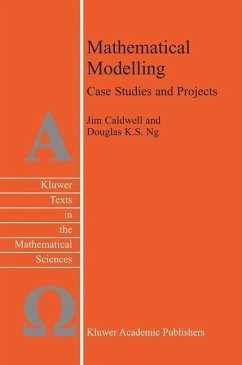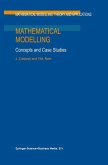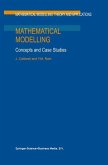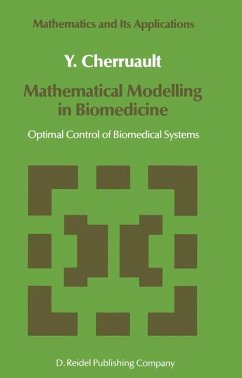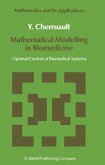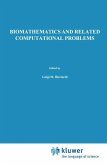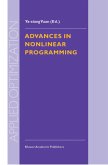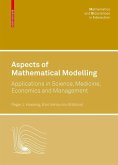Over the past decade there has been an increasing demand for suitable material in the area of mathematical modelling as applied to science, engineering, business and management. Recent developments in computer technology and related software have provided the necessary tools of increasing power and sophistication which have significant implications for the use and role of mathematical modelling in the above disciplines. In the past, traditional methods have relied heavily on expensive experimentation and the building of scaled models, but now a more flexible and cost effective approach is available through greater use of mathematical modelling and computer simulation. In particular, developments in computer algebra, symbolic manipulation packages and user friendly software packages for large scale problems, all have important implications in both the teaching of mathematical modelling and, more importantly, its use in the solution of real world problems. Many textbooks have been published which cover the art and techniques of modelling as well as specific mathematical modelling techniques in specialist areas within science and business. In most of these books the mathematical material tends to be rather tailor made to fit in with a one or two semester course for teaching students at the undergraduate or postgraduate level, usually the former. This textbook is quite different in that it is intended to build on and enhance students' modelling skills using a combination of case studies and projects.
From the reviews:
"This textbook is intended for teaching students of mathematicians, science, engineering, business etc. at a last year undergraduate or postgraduate level. However, in (central) Europe much of the presented material can be used already for teaching first or second year undergraduates. The book is composed of three parts each consisting of two so-called case studies and three worked projects followed by ten problems left for the reader to carry out."
(Inge Troch, Zentralblatt MATH, Vol. 1103 (5), 2007)
"This textbook is intended for teaching students of mathematicians, science, engineering, business etc. at a last year undergraduate or postgraduate level. However, in (central) Europe much of the presented material can be used already for teaching first or second year undergraduates. The book is composed of three parts each consisting of two so-called case studies and three worked projects followed by ten problems left for the reader to carry out."
(Inge Troch, Zentralblatt MATH, Vol. 1103 (5), 2007)

